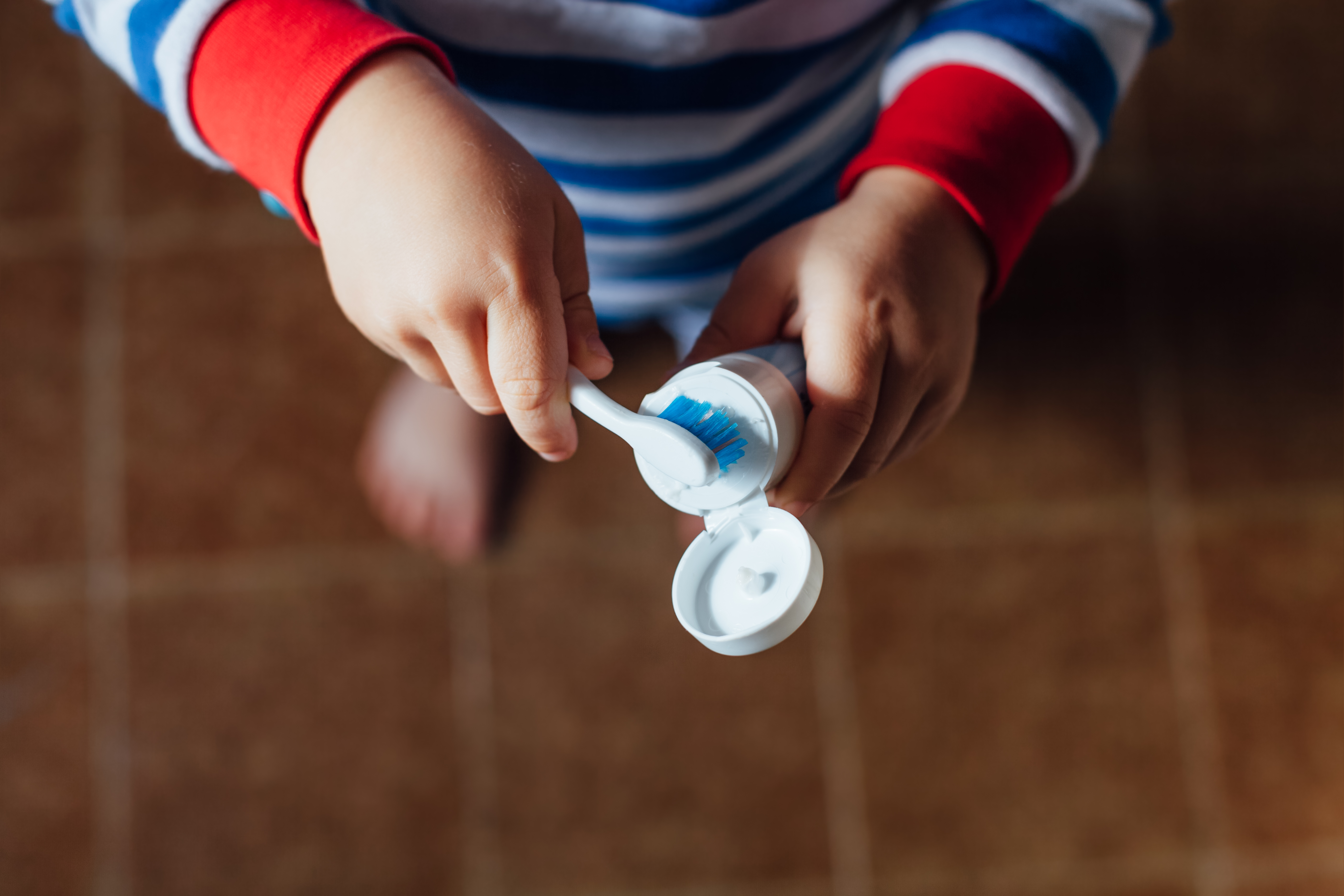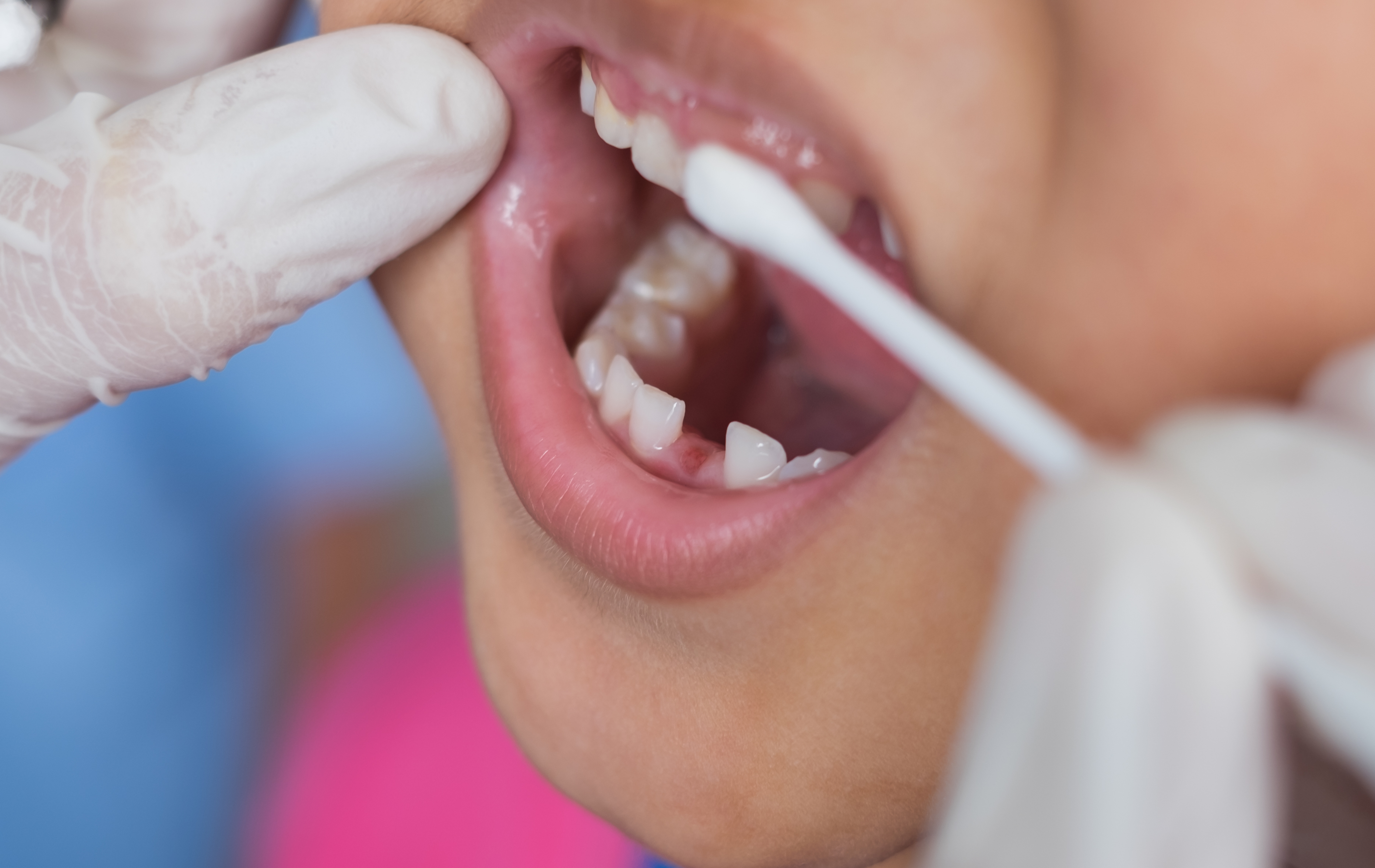Looking for the best pediatric dentist for your child? You’ve come to the right place. Corridor Kids Pediatric Dentistry provides the highest quality care in a fun, friendly setting. Many of our patients ask, “When can I come back?” Imagine that!
Your Child’s Teeth from Birth to Adulthood
Your child’s teeth and jaw will undergo many changes from the time they’re born until they reach full maturity as adults. Here’s a look at the stages of dental development.
Infant/toddler:
Babies are born with 20 primary teeth situated just under their gums. Like adult teeth, these vary in shape, size and location. Their differences all work together for a purpose – to help kids chew comfortably, speak clearly and smile happily. They also help form and shape the mouth, jaw and face.
Baby teeth begin to erupt at around 6 months of age and sprout over the next few years until all 20 (10 upper and 10 lower) have made an appearance. The American Academy of Pediatric Dentistry (AAPD) recommends children start going to the dentist by age 1 or within 6 months of their first tooth.
Young children:
Most often, children will begin to lose their primary teeth around age 6, but it can happen any time between the ages of 4 and 7.
Typically, the first baby teeth to fall out are the two bottom front teeth, followed by the two top front teeth. These are called the lower and upper central incisors. Usually the lateral incisors, first molars, canines, and second molars follow. Expect your child to lose their baby molars between ages 10 and 12.
Teens:
Adult molars emerge around age 13. By age 21, your adult child should have a full set of 32 permanent teeth. That’s 12 more than they were born with — 6 additional teeth on the upper jaw, and 6 more on the lower jaw. Four of those new ones are the wisdom teeth, which usually erupt between ages 17 and 21.
Before Your First Visit:
We may call or contact you before your scheduled visit for a verbal confirmation or to help you reschedule if needed. To cancel your appointment, please contact or call us at least 24 hours before the appointment.





